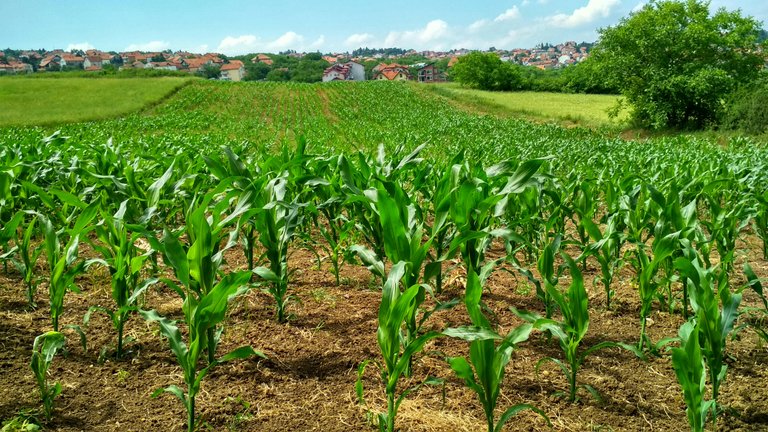
source
It is sad, but i have to agree that food years ago were much richer in nutrients than of our food today. I like to think that, the main culprits in this disturbing nutritional trend is the rate of soil depletion and modern intensive agricultural methods also including agricultural practices designed to improve traits (size, growth rate, pest resistance) other than nutrition.
Clearly, we can notice that people depend on vitamin and minerals supplements rather than getting them from food.
Even in the rising rate of thar, most people are still suffering from a vitamin and minerals deficiency. We have a big problem and the future will be worse if this situation goes ahead.
Over time, there's also been evidence suggesting that the nutritional value of some of our food may be decreasing, but it's not a universal trend across all types of food or all regions. Several factors contribute to this decline:
Facrors like soil depletion due to intensive farming practices can deplete the soil of essential nutrients over time, leading to lower nutrient levels in crops.
Then, there are genetic changes due to some modern agricultural practices that prioritize traits like size, appearance, and pest resistance over nutritional content, potentially resulting in crops with lower nutrient levels.
There are also harvesting practices like picking fruits and vegetables before they are fully ripe or allowing them to ripen during transport, which can reduce their nutrient content.
There are issues of storage and transportation wherein long transportation times and storage durations can lead to nutrient degradation in fruits and vegetables.
There are also environmental factors whereby climate change and environmental pollution can also impact the nutritional content of crops.
However, it's essential to note that not all food has experienced a decline in nutritional value, and there are steps that individuals and communities can take to
mitigate these effects, such as supporting
sustainable farming practices, consuming a diverse diet, and advocating for policies that prioritize nutrition in agriculture.
I really feel like machines and technology can not ruin anything. I think that it is us humans who make a decision to use technology either good way or the bad way.
In the food industry, I don't think technology is
designed to ruin food but to help, simplify, and make the production more effective in the food industry. Technology makes modern food possible.
We all know that the industry is looking to reduce costs, to be able to produce a certain product in large scales, and develop new ways to use ingredients so the technology is there to make it easier and help the food industry to tackle challenges of feeding the largely growing population and be innovative.
With all of the above outlined issues that affect the nutritional level of our foods, I believe that we can do something to produce crops of better quality. The solution lies in that the people in the agric industry put the health of consumers first and tackle the above points. Health is wealth, and we should never compromise on what goes into our mouths.
I hope that this was interesting to read. Thanks for coming around.
We've noticed that your engagement with other authors is poor, and that's not encouraging at all. You need to make comments on the post of others and also reply to comments on your posts as well. This is to foster growth within the community.
Thank you for sharing this with us.Hello @luckydrums